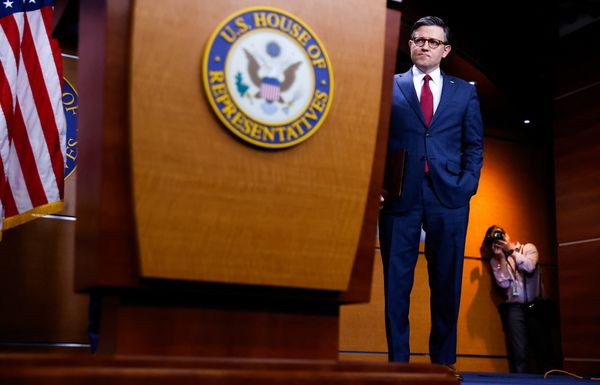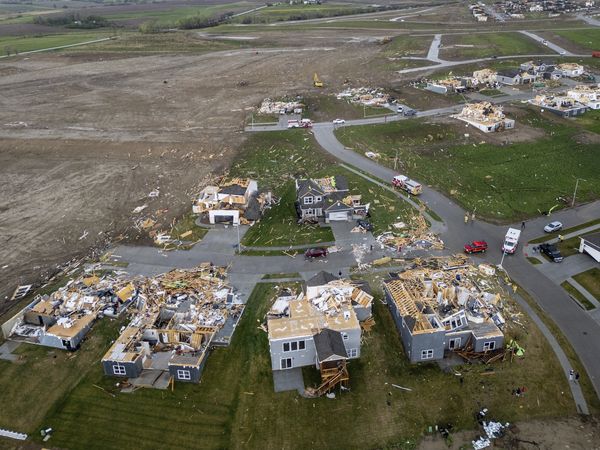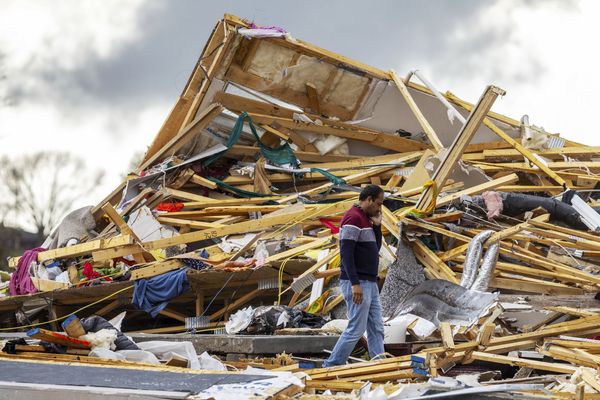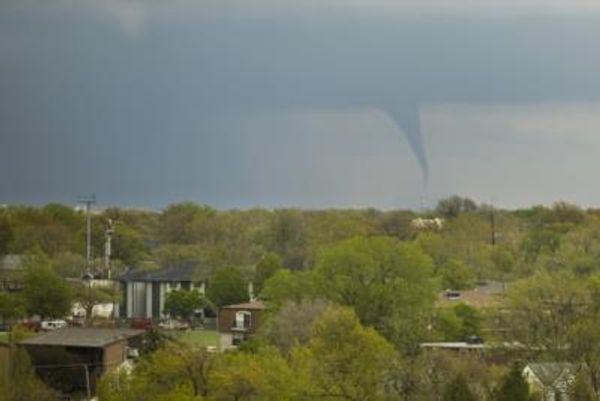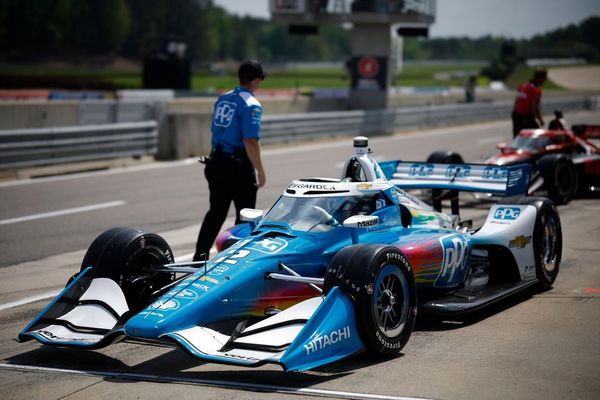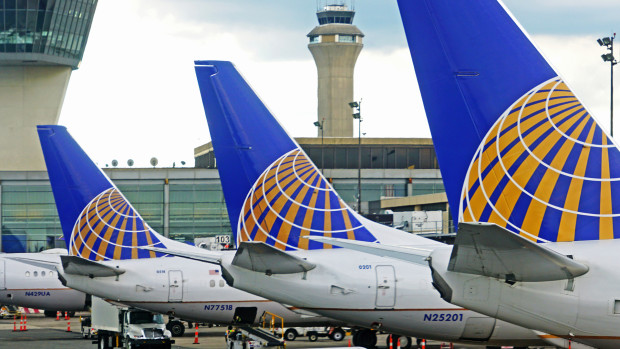
Airlines have a number of factors to work in when they set the price for their tickets.
Demand might be the biggest factor -- you can charge more when more people want to buy seats on your plane than you have spaces to sell -- but it's most certainly not the only one. Before it makes sense for an airline to consider flying a route, it has to factor in all the fixed costs involved with doing so.
First, there's fuel, which has generally been above traditional averages since people returned to flying post-pandemic, then the costs of the gate slot at the airport and all sorts of personnel. Right now, there's one group of airline personnel -- pilots -- who have all the leverage when it comes to getting paid more money.
DON'T MISS: Southwest Airlines Sets a Big Change You May Not Like
There simply aren't enough pilots to fly every plane that airlines would like to fly. That happened partially because the United States has not been training as many new pilots each year as are lost to retirement, a problem that was made worse due to covid-related early retirements.
"Consulting firm Oliver Wyman estimates that despite efforts to close the gap, airlines in North America will face a shortage of nearly 30,000 pilots by 2032. The supply of new pilots will grow, but not enough to offset a continuing wave of retirements, the consultant says," the Associated Press reported.
That's bad news for airlines as it gives their pilot unions incredible leverage when it comes to negotiating new deals. And, it even makes it so a deal that's agreed upon can get torn up before it gets voted on because another pilots union got more money.
This isn't just an airline problem as more expensive pilots meaningfully drive up the costs of flying a plane and that's going to force prices higher for passengers.
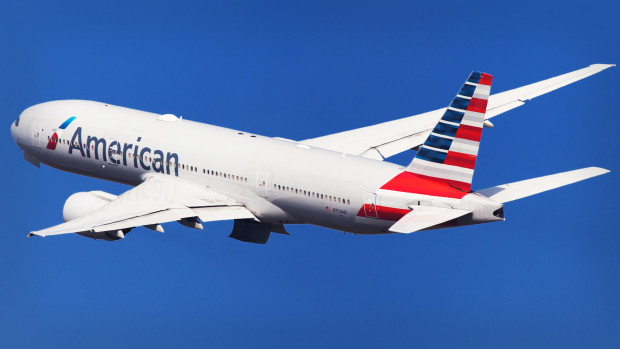
Image source: Shutterstock
American Airlines Pilots Get a New Deal After United's Pilots Agree
American Airlines (AAL) -) and the union representing its pilots, the Allied Pilots Association (APA) had reached a deal in May. The union, however, opted to not put that agreement up for a vote by its membership after United Airlines (UAL) -) reached an even better deal.
Now, the APA and American have agreed upon a new deal that matches United's, which will be voted on by the airline's pilots.
"If the United contract is ratified, its pilots are to receive 34.5% to 40.2% pay rate increases over the four-year lifespan of the deal. Pay rates will increase by 13.8% to 18.7% on the date of signing, based on the aircraft type each pilot flies, then continue to rise more gradually over the following years," Travel Weekly reported. "The United contract also includes improvements for pilots related to job security, work rules, retirement, benefits, and work-life balance."
Delta has also reached a similar deal with its pilots.
ALSO READ: Woman Claims Famous McDonald's Chicken Nuggets Can Be Found at Walmart
Southwest Has Bigger Problems
While you would think that three major airlines reaching similar deals with their pilots would provide a clear blueprint, Southwest Airlines (LUV) -) and its pilots remain at a major impasse. The two sides are currently in federal mediation and the Southwest Airlines Pilots Association (SWAPA) has actually asked to be let out of those negotiations.
SWAPA President Capt. Casey Murray has made it clear that money is not his union's only concern. He laid out some of SWAPA's concerns in a recent interview with Aviation Daily.
“I feel confident when I say that we’re the only labor union in the world that is not trying to work less and get paid more; we’re trying to provide efficiency so that we work smarter,” he said. “That’s our main sticking point in negotiations -- simply trying to drive some efficiencies in how we are being used.”
The airline, however, believes that negotiations are moving forward in a productive manner.
Southwest Labor Relations Vice President Adam Carlisle responded to Murray's comments via an email to TheStreet.
"We feel confident that the mediation process will continue driving us even closer to a final agreement that rewards our Pilots and supports our business. We have a 52-year history of taking care of Southwest Employees, and we look forward to continuing that legacy," he shared.
